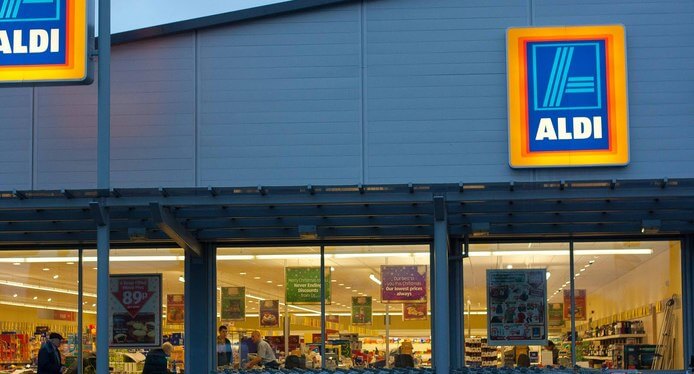Bet this got your attention, and there is no hyperbole here! But it is an historical quotation, so let’s look back to 11 years ago when The Grocer told us this tale of wonder…Aldi was “smashing through the minimum wage pay scale”. “Smashing” was the right word – Aldi were paying £7.20/hour compared to the then current minimum wage of £5.05/hour – a whopping 43% difference!
No one else was doing this – so how could Aldi fund it and still grow in the marketplace? It was a simple, but effective, productivity proposition.
The Operating Model for Aldi’s 300+ UK stores was already well established – staff worked very hard, uniforms were worn till they were worn, waste was kept to an absolute minimum. On their 2005 recruitment adverts they told the UK workforce “Aldi store assistants earn more because they do more.”
The most important part of the Aldi operating model was that everyone did everything all the time – and this was at a time when almost every UK food retailer had segmentation of tasks – HR organisation was about “Departments” and “Teams”. Indeed, many of the UK retailers were investing in solutions to achieve the prize of “Multi-tasking” across teams with the promise of significant labour cost reductions.
Of course this high pay approach was not well received everywhere. Interestingly the trade union USDAW was OK with the hourly rate, but amazingly it did not like the Aldi work content, which it saw as putting too much pressure on workers. There was certainly a truth that the Aldi model didn’t work for everyone – many staff moved from other supermarkets to Aldi, and then moved right back again. This is the clearest support for the idea that the 42% extra wages was a good plan – it was yielding more than 42% extra work.
Aldi were paying £7.20/hour compared to the then current minimum wage of £5.05/hour – a whopping 43% difference!
So what’s the point here? Well 11 years on everyone is talking about £7.20/hour, but now it is because of the National Living Wage. Yet again this turns every retailers mind to cost management and then onto productivity.
The difference is that now that this cost increase is the law… and so following the “Productivity Imperative”, which McKinsey’s correctly liken to a Business Holy Grail, remains difficult but is increasingly attractive. Everyone still wants to make their business more competitive and productive, but everyone must employ a method which works for their current situation.
Aldi is now investing in Customer Price, not wages; Waitrose is investing in Customer Loyalty; Tesco is now taking a holistic approach which goes to the heart of Direct Product Profitability, delisting products through Project Reset (certainly not a Carlsberg Moment!); Argos invests heavily in Technology; and for HR productivity McKinsey’s tell us that “Activity Based Planning” is the next big thing (is that different to 2006 “Task Management”?).
What we know for sure at SWL… is that our SmartBudget approach is unique. Retailer specific Labour Modelling and individual store budgeting is an excellent foundation for future flexibility. We can forecast by sales, £ or hours and produce the correct budget to serve the objectives of the business as it follows its productivity journey.
SWL customers always know that their cost budgets and service targets are current and correct, which means that SWL’s brave new retail world is managed by smiling, stress free, colleagues in the crispest of branded uniforms.
Get in touch with us to find out more.

